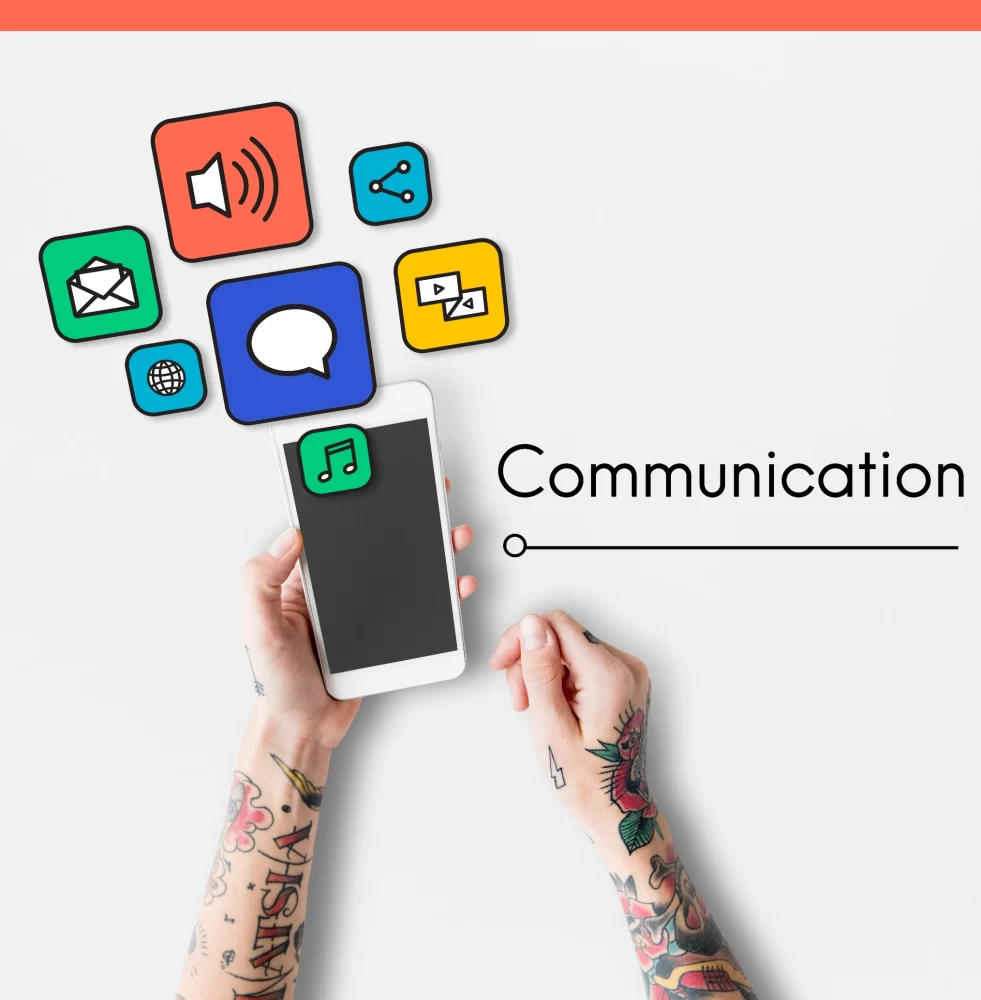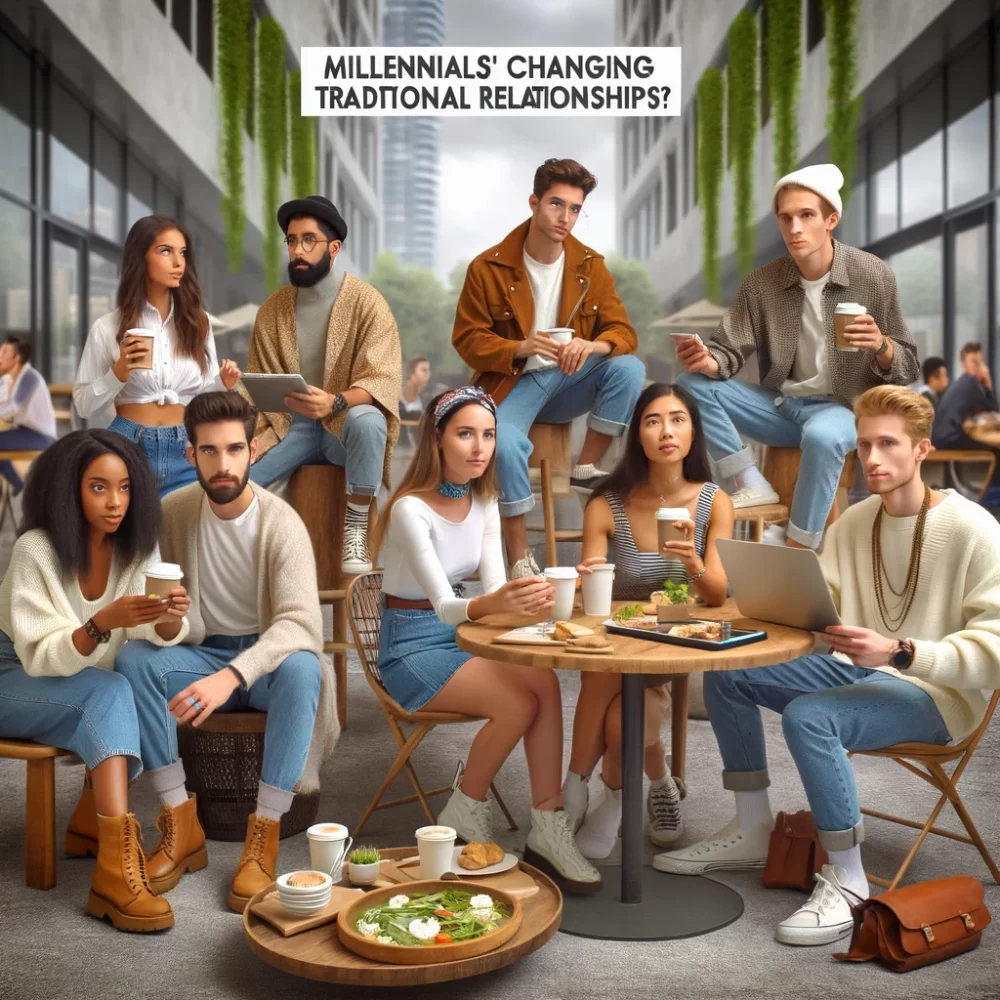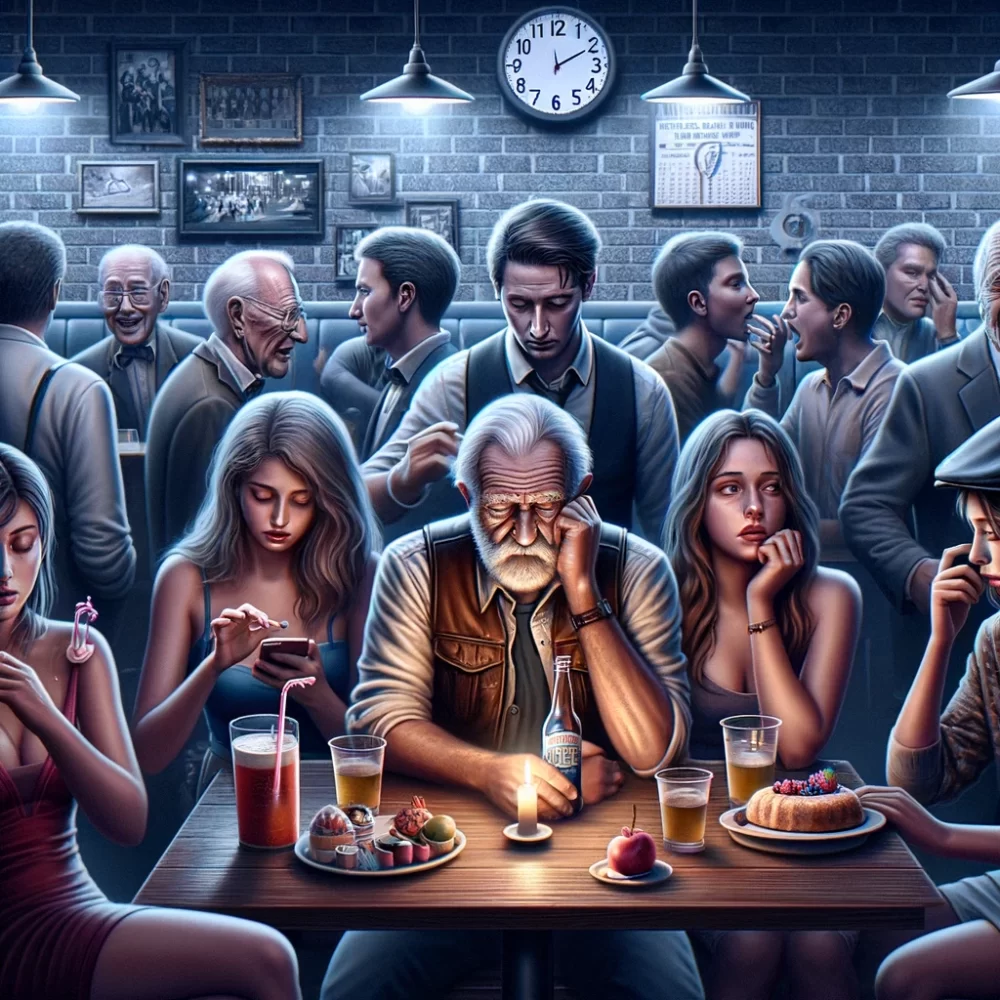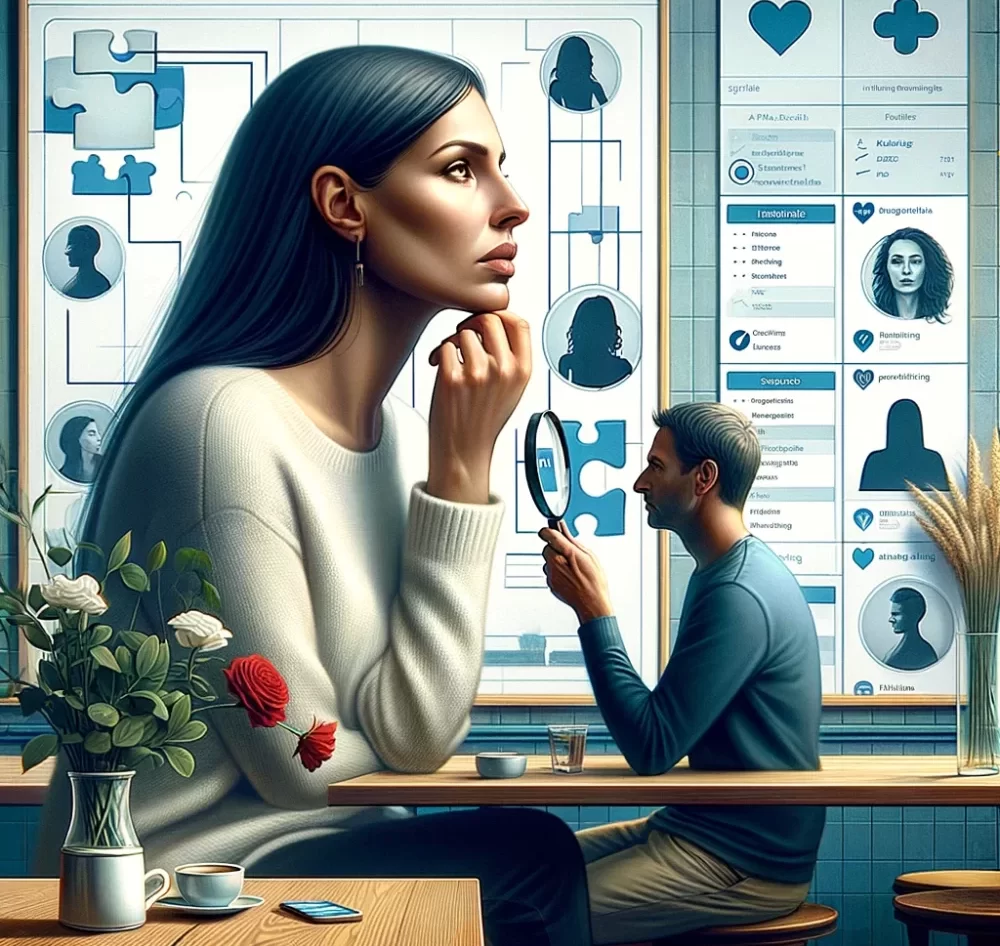
Millennials, often misunderstood and labeled, face distinct challenges in the realm of romance. In this comprehensive exploration, we’ll discover 14 reasons why finding love seems more complicated for this generation, acknowledging the often overlooked factors like financial stability that play a significant role.
1. Overreliance on Digital Dating

Digital dating, while broadening the pool of potential partners, often leads to superficial connections. The ease of swiping left or right based on minimal information can result in a lack of effort to truly get to know someone. This convenience-first approach devalues the depth and richness of traditional courtship, leading to fleeting interactions rather than meaningful relationships.
2. Economic Instability

The financial burden borne by many Millennials, from student loans to the high cost of living, directly impacts their relationship prospects. The stress of financial insecurity can make the pursuit of a romantic relationship seem like a luxury they can’t afford, both emotionally and financially. This economic strain can delay significant life milestones, including forming long-term romantic partnerships.
3. High Expectations from Social Media

The constant bombardment of ‘perfect’ relationship images on social media sets an unrealistically high bar for real-life relationships. Millennials, comparing their love lives to these idealized versions, may feel disillusioned when their experiences don’t match up. This comparison trap can lead to a sense of inadequacy and a belief that true love is unattainable.
4. Shift in Priorities Towards Career and Personal Growth

The ambitious nature of Millennials often means that careers and personal achievements take precedence over romantic pursuits. This focus on self-fulfillment and professional success can leave little room for the time and effort required to build and maintain a romantic relationship. Consequently, love often takes a backseat to personal goals and aspirations.
5. FOMO On Someone Better

For many Millennials, the fear of missing out (FOMO) on a potentially better partner is a significant barrier to committing to a relationship. In an age where social media and dating apps constantly showcase a plethora of options, settling down with one person can feel like closing the door on other, possibly more appealing, opportunities.
This phenomenon leads to a perpetual state of doubt and indecision, preventing deep and lasting emotional connections. Millennials often find themselves in a cycle of comparing their current partner to others, fostering a sense of dissatisfaction and restlessness.
6. Increase in Mental Health Issues

The rising awareness and prevalence of mental health issues among Millennials can complicate romantic relationships. Challenges such as depression and anxiety can hinder one’s ability to form and sustain intimate connections, often leading to avoidance of relationships or struggles in maintaining them.
7. Impact of Technology on Communication Skills

While technology facilitates connection, it also diminishes opportunities for in-person interaction, crucial for building deep, meaningful relationships. This reliance on digital communication can lead to a lack of comfort and skill in face-to-face interactions, making it challenging to form strong emotional bonds.
8. Changing Views on Traditional Relationships

As traditional views on relationships evolve, Millennials often find themselves navigating uncharted waters. The ambiguity around modern dating norms and what constitutes a relationship can lead to confusion and frustration, making it harder to find and maintain stable partnerships.
9. The Pressure of Societal Expectations

The societal pressure to find a partner and settle down can be overwhelming for Millennials. This external pressure can lead to hasty decisions or staying in unsatisfactory relationships, rather than allowing love to develop organically and at its own pace.
10. The Desire for Perfect Compatibility

Millennials often seek a partner who meets every criterion on their checklist, from shared interests to life goals. This quest for an idealized partner can lead to constant disappointment and a reluctance to compromise, essential components of any successful relationship.
11. No Role Models in Their Lives That Demonstrated What Love Looks Like

A significant factor contributing to Millennials’ challenges in finding love is the lack of role models who exemplify healthy, loving relationships. Many in this generation grew up in environments where ideal examples of romantic partnerships were scarce or absent. This deficiency often stems from higher rates of divorce, single-parent families, or relationships that didn’t model effective communication and emotional support.
Without these real-life examples, Millennials may find it difficult to envision what a successful, loving relationship entails. The gap in understanding and experiencing the dynamics of a healthy partnership can lead to unrealistic expectations or a lack of knowledge on how to build and maintain a successful relationship. This void in their formative years plays a critical role in shaping their perceptions and approach to love as adults.
12. They Have No Idea What They Want In A Partner

A significant hurdle for Millennials in finding love is the uncertainty about what they seek in a partner. This generation, with access to more information and diverse experiences than any before, often finds it challenging to pinpoint what they desire in a significant other.
The abundance of choices and the societal shift away from traditional relationship norms have led to a paradox of choice, where too many options lead to indecision. This lack of clarity can result in a series of short-lived relationships or an avoidance of commitment altogether, as Millennials struggle to define their ideal partner’s qualities.
The journey to understanding personal preferences and needs in a relationship is a complex one, compounded by the pressure to make the ‘perfect’ choice in a partner.
13. Difficulty in Balancing Independence and Intimacy

Millennials face a unique challenge in balancing their fiercely valued independence with the vulnerability and interconnectedness required in a romantic relationship. This generation, known for valuing personal freedom and self-sufficiency, often finds it difficult to navigate the give-and-take dynamic that healthy relationships demand.
The desire to maintain autonomy can clash with the need for emotional closeness and mutual dependence, leading to a tug-of-war between personal space and togetherness. This struggle is often exacerbated by the fear that commitment might lead to the loss of individual identity or hinder personal growth and exploration.
14. Environmental and Political Anxieties

The current global climate, characterized by environmental concerns and political upheaval, can occupy significant mental and emotional energy. This preoccupation can detract from the ability to focus on personal relationships, as existential worries take precedence over romantic pursuits.
Understanding The Challenges

Understanding these challenges is key to addressing them. By recognizing the unique obstacles faced by Millennials in finding love, we can begin to navigate these complexities with empathy and insight. Share your experiences and perspectives on this topic, and join the conversation about overcoming these barriers to find meaningful connections in the modern world.
Source link



















